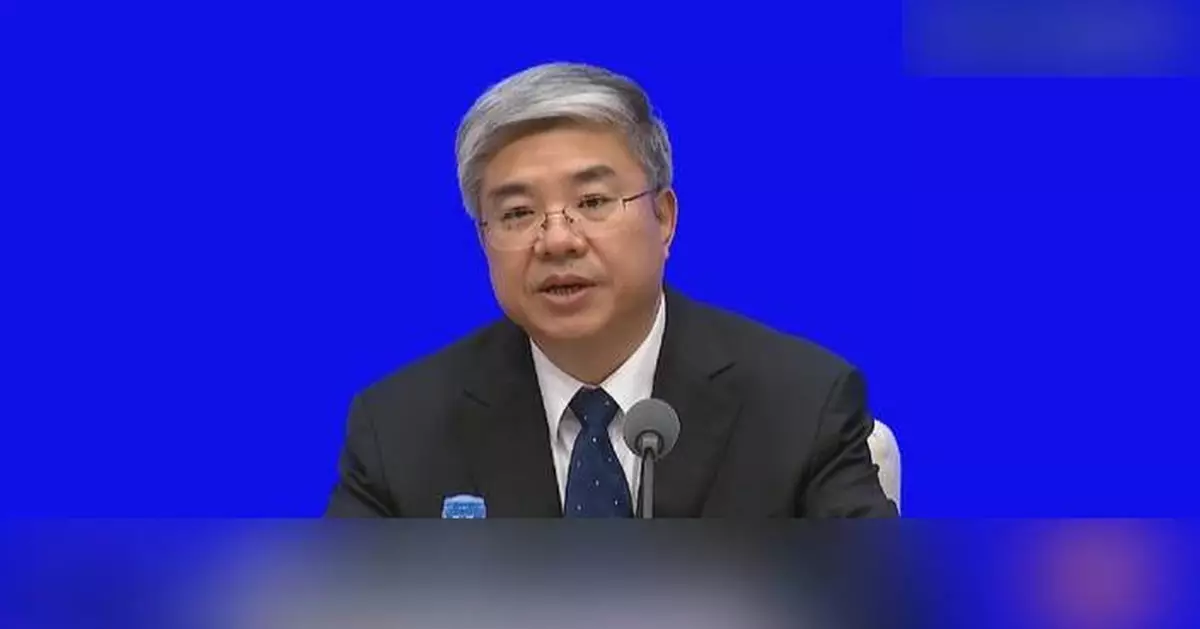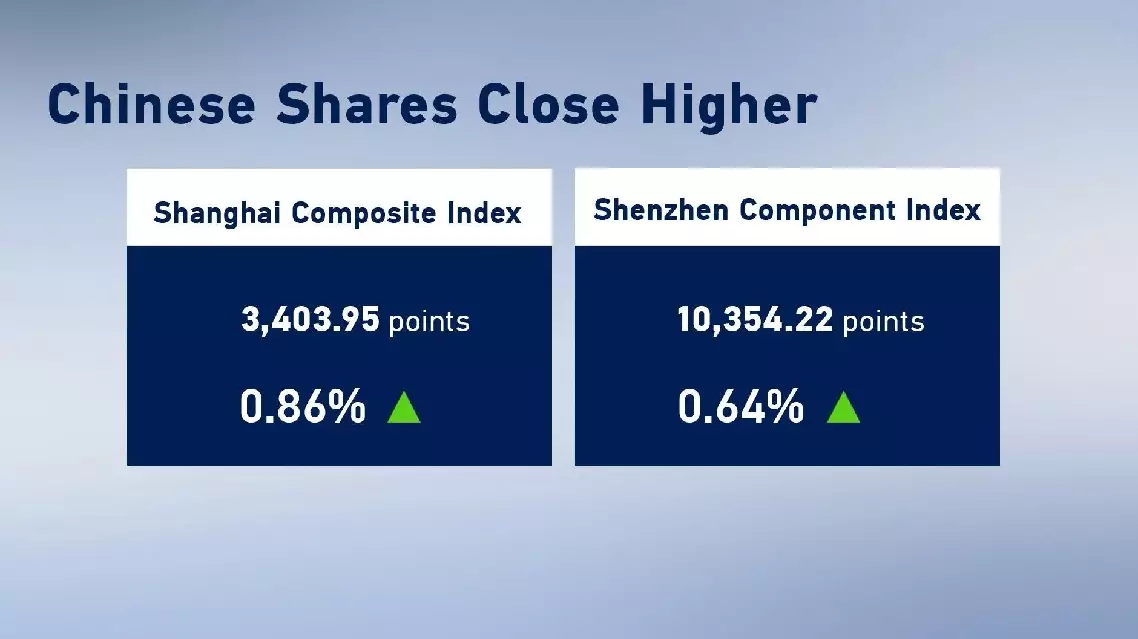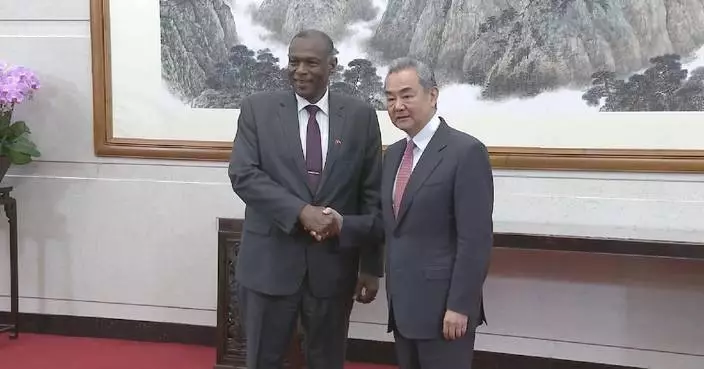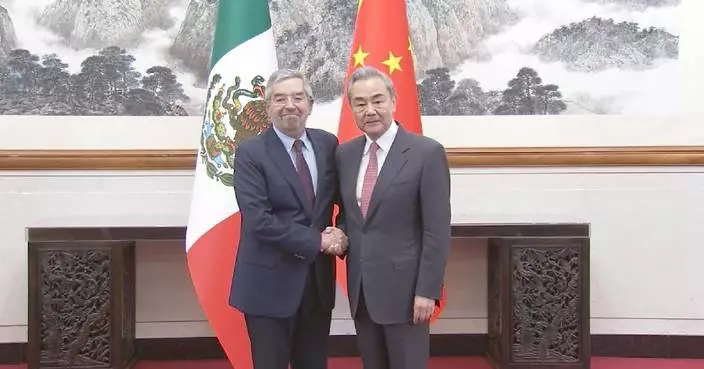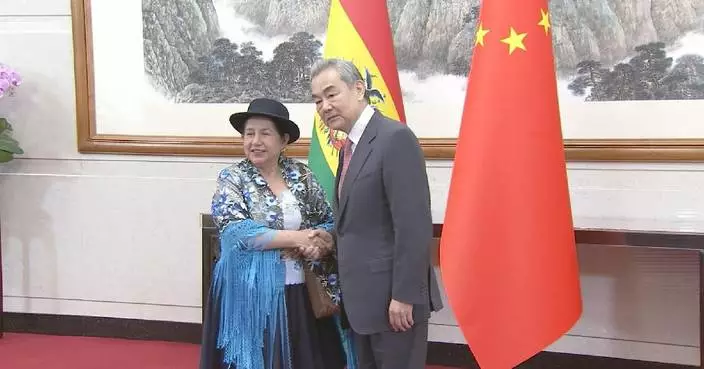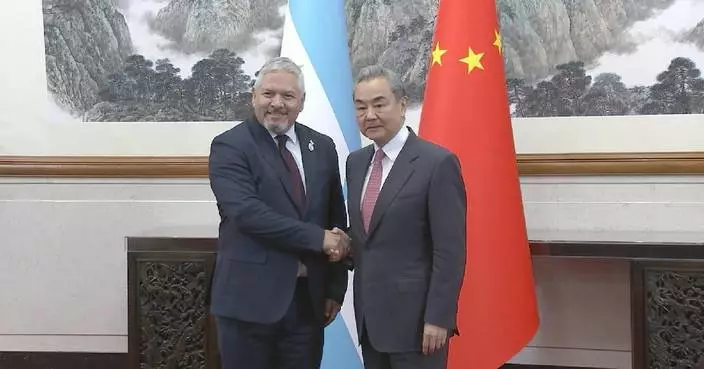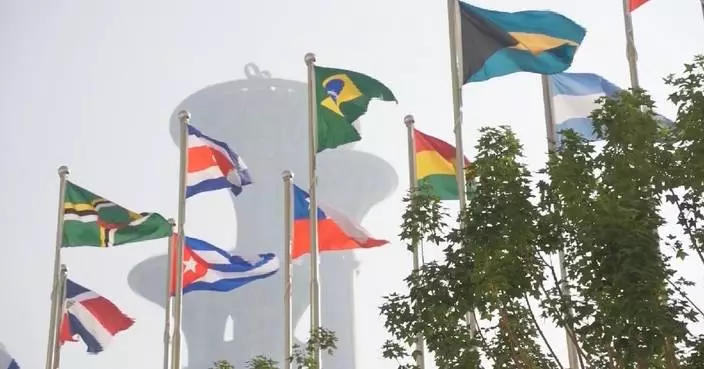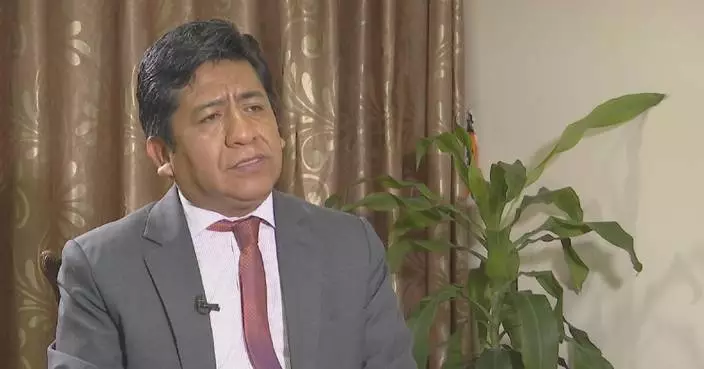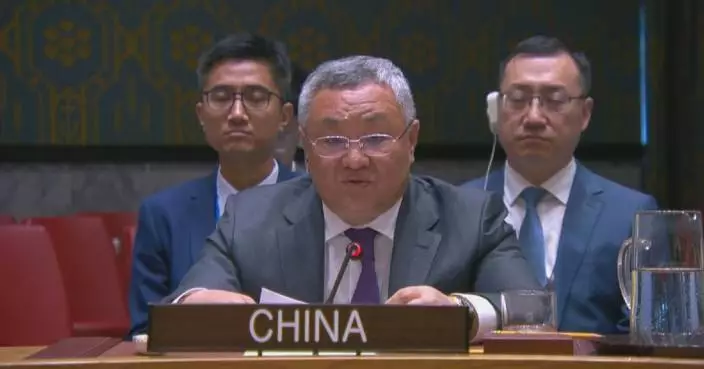The third Global Digital Trade Expo will be held in Hangzhou, capital city of east China's Zhejiang Province from September 25 to 29, said officials at a press conference in Beijing on Wednesday.
Tang Wenhong, China's Assistant Minister of Commerce, said that the ministry focuses on enhancing openness in expanding international cooperation and regards the Digital Trade Expo as an important platform to showcase high-level openness.
"In terms of exhibitions, leading enterprises from 32 countries and regions participated in the expo, and the number and floor space of international enterprises accounted for more than 20 percent. In addition to the national pavilions of the guest countries Kazakhstan and Thailand, we will also set up an International Friendship City Pavilion and Overseas Industry Pavilion for the first time. Cities such as Boston in the United States will organize enterprises to participate in the exhibition," Tang said.
"In terms of premiere shows, about a quarter of the more than 400 new products and technologies come from abroad, a much higher proportion than the previous session. For trade consultation and matchmaking, a digital free trade zone industry matchmaking conference will continue to be held during the event. And for the first time, we will hold activities such as the Investment in China-Development Zone Dialogue with Fortune 500. The number of international merchants attending the expo shows s three-fold rise over the previous session," he said.
Focusing on the digital trade segment, the third Global Digital Trade Expo will set up one comprehensive exhibition area and eight special digital industry exhibition areas, including Silk Road e-commerce, data and finance, artificial intelligence, and smart cities, to fully showcase new technologies and products in the field of digital trade.
The expo will set up a future industry zone for the first time, focusing on displaying cutting-edge technologies in fields such as intelligent robots and low-altitude economy.
In the future industry zone, digital humans and naked-eye 3D technologies will be used to enhance on-site interaction with visitors, and a digital human debate competition and an AI electronic music composition competition will be held for the first time.
The expo will make a "digital portrait" for each exhibitor to promote accurate matching of supply and demand.
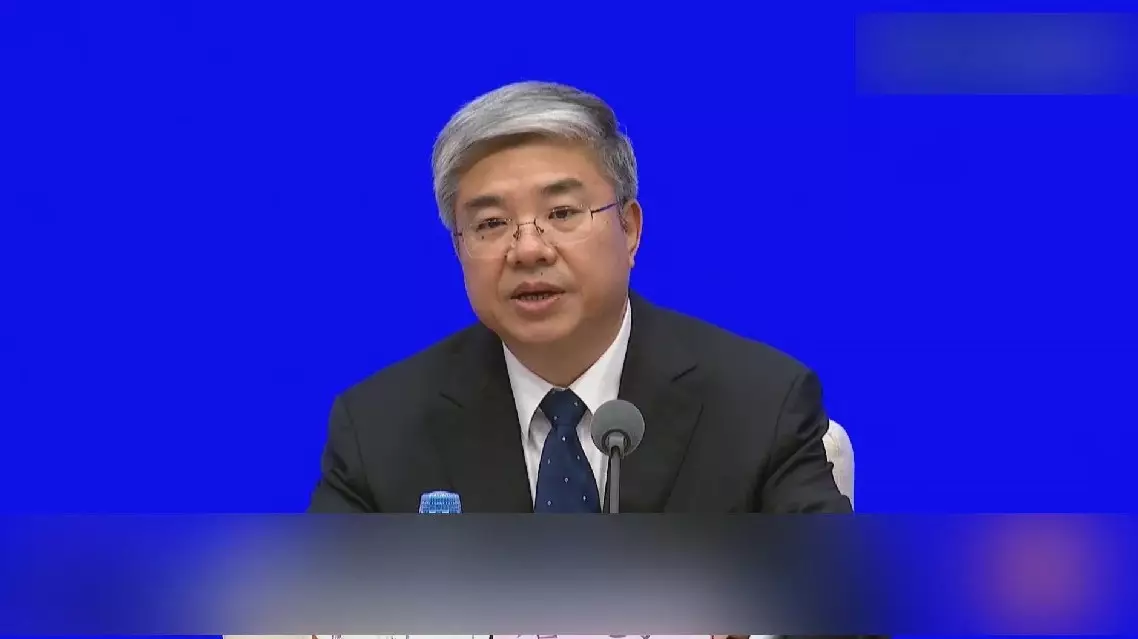
Third Global Digital Trade Expo to kick off in Zhejiang


